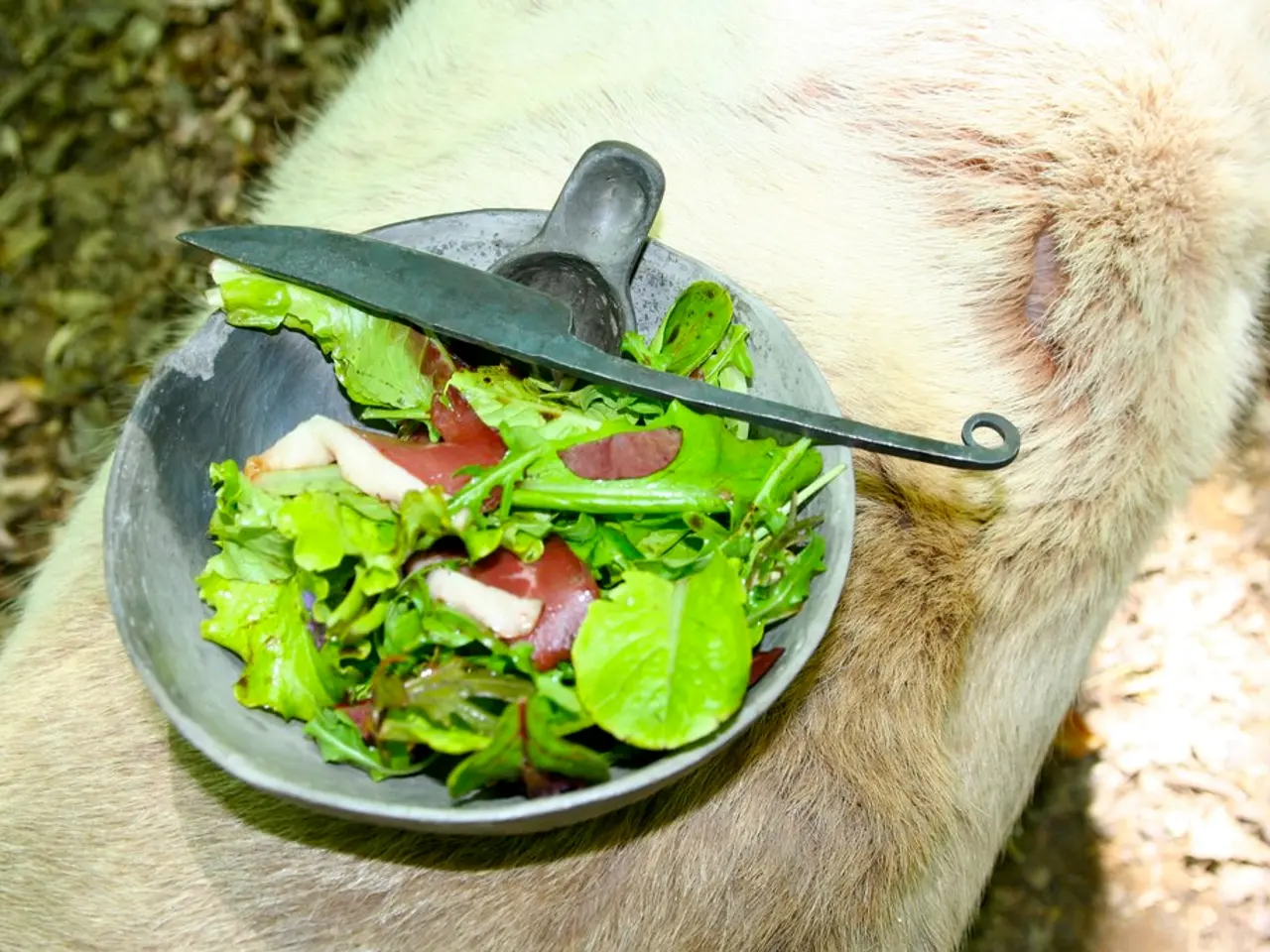Unbelievable Process Revealed: Intestinal Microbe Transplantation or Fecal Transplant
In a significant breakthrough for patients struggling with recurring Clostridium difficile infections, fecal microbiota transplants (FMT) are providing an alternative solution. These transplants can help restore a healthy balance of gut flora, potentially preventing the need for repeated cycles of antibiotics and infection.
C. difficile, a bacterium that causes inflammation of the colon, affects around 20% of patients more than once. For those who have not responded to traditional treatments, FMT offers a promising approach. The theory behind these transplants is that they provide a boost of healthy bacteria to help regenerate the recipient's gut flora.
The Cleveland Clinic, a non-profit academic medical center, is one institution offering FMT. This treatment involves transplanting fecal matter from one person into another, which may be an uncomfortable idea for some. However, the benefits are clear. Patients who undergo FMT typically experience improvement within two weeks.
In Germany, FMT can be performed in specialized clinical trial centres that adhere to strict safety requirements. The Federal Institute for Drugs and Medical Devices (BfArM) enforces these regulations, ensuring minimal risk of pathogen transmission. Currently, FMT is only applied to patients with recurrent C. difficile infections due to its proven high efficacy and safety concerns.
For those dealing with longstanding diarrhea and abdominal pain caused by C. difficile infections, FMT can offer relief. These infections can significantly impact a person's ability to work or function well. Long-term antibiotics and probiotics may not be effective against stubborn C. difficile infections.
Fecal microbiota transplants can strengthen a person's gut against future infections and stop C. difficile from continually gaining a foothold. By providing a solution for those who have not responded to other treatments, FMT offers hope for a healthier future.
In conclusion, fecal microbiota transplants are an effective treatment for recurring C. difficile infections. While the concept may be unconventional, the benefits are clear. For those struggling with these infections, FMT offers a potential path to recovery and improved quality of life.
Read also:
- Peptide YY (PYY): Exploring its Role in Appetite Suppression, Intestinal Health, and Cognitive Links
- Toddler Health: Rotavirus Signs, Origins, and Potential Complications
- Digestive issues and heart discomfort: Root causes and associated health conditions
- House Infernos: Deadly Hazards Surpassing the Flames








